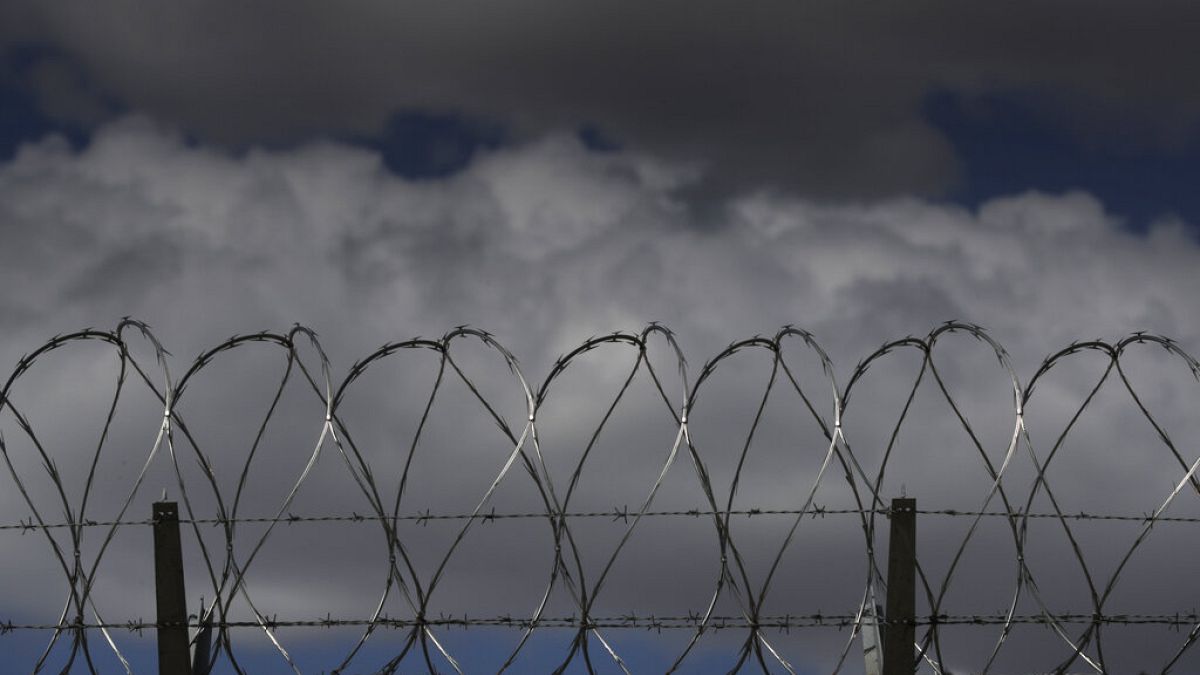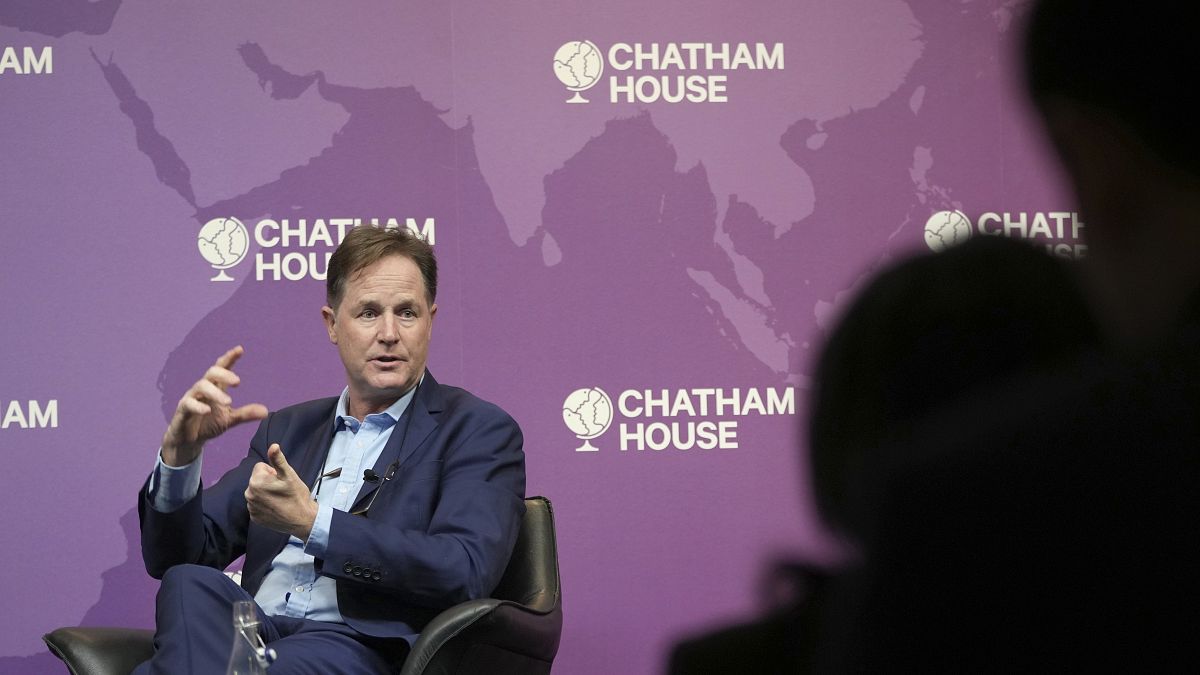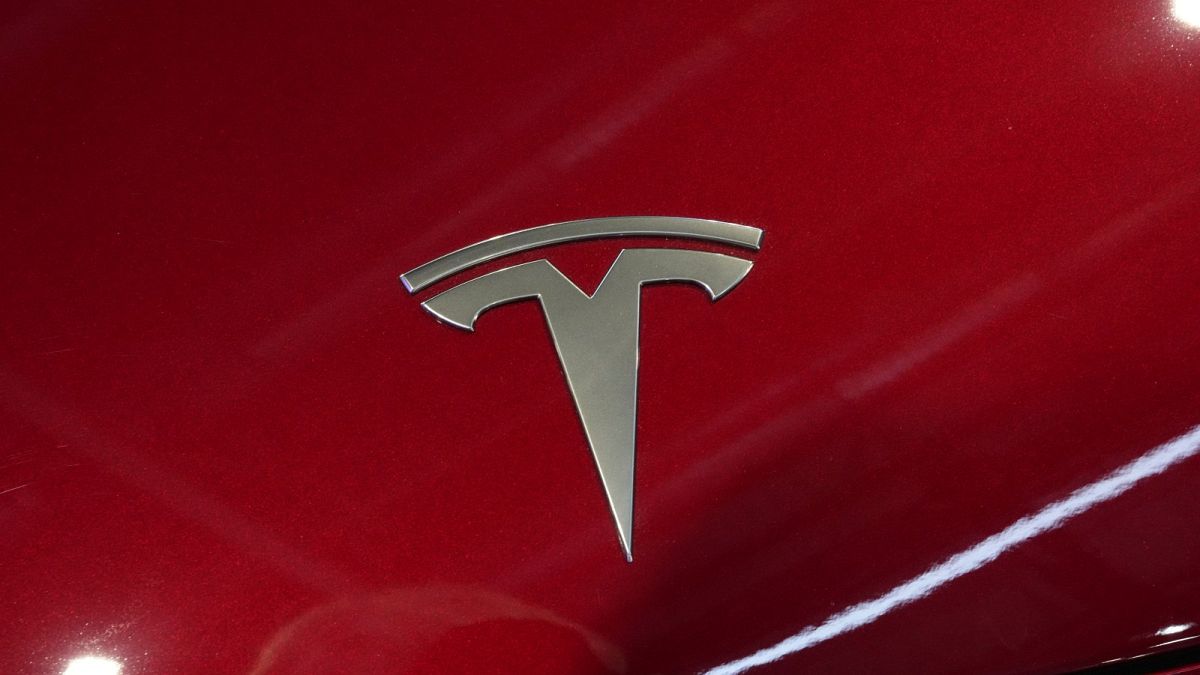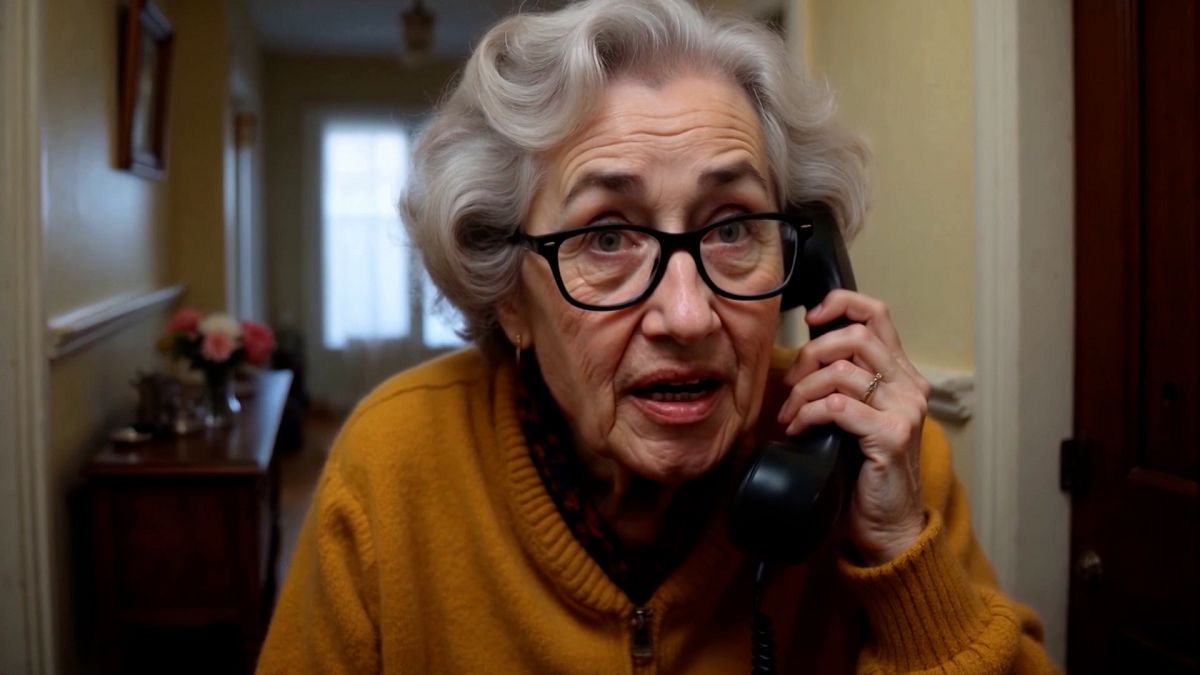Approval of Commissioners and recent votes in the European Parliament signal new power balance, as the centre-right European People's Party teams up with right wing forces, giving itself more choices for finding majorities.
The coalition agreement signed by the three centre parties of the European Parliament - the European People's Party (EPP), Socialists and Democrats (S&D) and Renew - paving the way to approving the commissioners has sealed the EPP's ability to switch its allegiance and team up with the parties on the right wing.
The so-called “Platform Cooperation statement” did not outline exclusive partnership among signatories, leaving the door open to whoever values “the rule of law, a pro-Ukraine stand and a pro-European approach”.
It all started with a symbolic vote, but the trend is gaining more and more traction in the decisions of the European Parliament, was made clear during commissioners’ approval negotiations, and could shape the next European Commission strategy.
There is no longer a single political majority in the European Union.
The EPP has already voted along with the right-wing groups, notably in the recent deforestation regulation, where it teamed up with the European Conservatives and Reformists (ECR), Patriots for Europe (PfE), and Europe of Sovereign Nations (ESN), rather than sticking to its traditional partners, the Socialists and Democrats (S&D) and the liberal Renew Europe which helped elect Ursula von der Leyen as Commission president in July.
According to MEPs and sources in the Parliament, the new agreement allows EPP leader Manfred Weber to have it both ways. On the one hand, he can stand with S&D and Renew when it’s convenient to him; on the other, he can overwhelm them in the Parliament with the help of right-wing forces.
The rise of the 'Venezuela majority'
This rightwards shift by the EPP was already evident in the previous legislature: notably in the backlash against the so-called Nature Restoration Law, a bill aimed at restoring at least 20% of degraded natural sea and land areas by 2030, which was strongly opposed by the EPP and right-wing groups.
The outcome of the European elections, where right-wing groups significantly increased their numbers in the EP, has made this shift more frequent.
Nationalist and eurosceptic parties formed the PfE, now the third-largest group in the European assembly with 86 members, while its predecessor, Identity and Democracy, was the sixth-largest group in the previous assembly. The ECR also slightly increased its MEPs, overtaking Renew Europe as the fourth-largest group, and these were joined in the Parliament by new far right force the ESN.
A quarter of the Parliament now sits further to the right than the EPP, giving the largest group in the Parliament a pivotal role and the arithmetic possibility to build different majorities, swinging both to left and right of the Chamber.
The first such episode took place in October, when right-wing MEPs united to recognise Edmundo González as Venezuelan president in a symbolic, non-binding resolution adopted by the European Parliament.
It passed with 309 votes, with 201 against and 12 abstentions, driving a wedge through the Parliament's pro-European coalition of centrist groups that re-elected Ursula von der Leyen as Commission president. Renew Europe, who agreed with the merit of recognising González, refused to vote for it together with radical right forces.
The resulting so-called “Venezuela majority” doubled down a few days later on the same topic, when Edmundo González and the other Venezuelan opposition leader María Corina Machado won the Parliament's Sakharov Prize, awarded to individuals dedicated to defending human rights and freedom of thought.
Machado and González were jointly nominated for the award by the EPP and backed in the final vote by ECR and PfE, after the latter's candidate, tech billionaire Elon Musk, was excluded from the shortlist.
In November, a more substantial issue was decided by a full right-wing majority, as the EU deforestation law was postponed and diluted by Parliament. Amendments tabled by the EPP aiming to reduce burdens on importers were backed by ECR, PfE, and ESN. Liberal MEPs from Renew Europe were divided, while left-wing parties voted against.
A variable majority in the EP means a dual track for the Commission
While the EPP has never publicly outlined any structured cooperation with right-wing forces, the group has de facto taken sides with ECR by defending the assignment of vice-president to Conservative Raffaele Fitto, from Brothers of Italy.
Socialists and liberals wanted to deprive the Italian of the vice-presidency but settled with a few lines of disagreement in his evaluation letter. EPP leader Manfred Weber has repeatedly defended the choice due to Italy’s relevance as a country.
Alberto Alemanno, professor of EU law at HEC Paris, said thenew EU Commission will rely on a case-by-case basis for parliamentary majority depending on the policy issue presented to the Parliament and Council. “For the first time in history, the Commission won’t be relying exclusively on the pro-EU mainstream coalition that has governed the EU since over the past four decades,” he told Euronews.
On some topics the EPP's views converge with those parties further to the right. Commission president Ursula von der Leyen can benefit from this to get some of her most conservative policies over the line. “We can reasonably expect von der Leyen’s Commission to turn to the right to gain support for its migration reforms and de-greening of its climate and environmental policies,” Alemanno said.
On Green Deal provisions, a possible bone of contention could be the ban on the sale of combustion engine cars in the EU from 2035, a cause for right-wing forces. In the previous legislature, the EPP backed some exceptions and flexibility to the regulation.
On migration policy, the “Venezuela majority” can team up again to strengthen EU external borders and push for more agreements with countries of transit and origin of migrants.
Early evidence of this was seen when right-wing lawmakers voted in favour of funding "external physical barriers" under the EU's 2025 budget. In this case, the EPP supported an amendment to the resolution on the budget, tabled by MEPs Alexander Jungbluth (Germany) and Stanisław Tyszka (Poland), both from the ESN, although the resolution as a whole was then voted down by the chamber.
Professor Alemanno thinks that the Parliament's pro-EU centrist majority will still be needed to pass the most mainstream policies, ranging from competitiveness to defence. But without a really binding coalition agreement forcing the EPP to stick to the agreed political priorities, it will be impossible to avoid the dual-track approach along the legislature.
“The only way for socialists and liberals to hold the Commission accountable is a motion of censure,” according to Alemanno. While the treaties allow for this mechanism, it has never been used and would require a two-thirds majority of the European Parliament. But the socialists, liberals and leftist forces of the Parliament account for less than half of the total.

 1 month ago
30
1 month ago
30






 We deliver critical software at unparalleled value and speed to help your business thrive
We deliver critical software at unparalleled value and speed to help your business thrive






 English (US) ·
English (US) ·